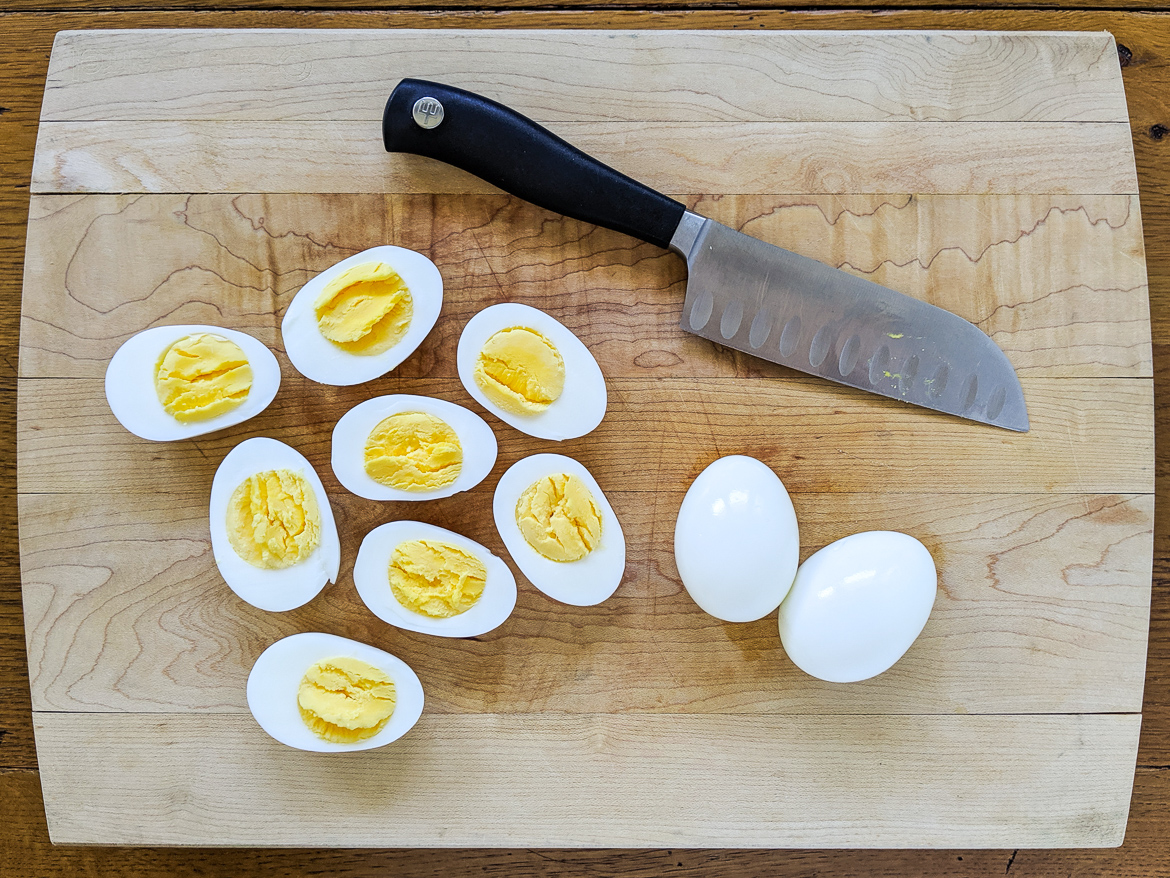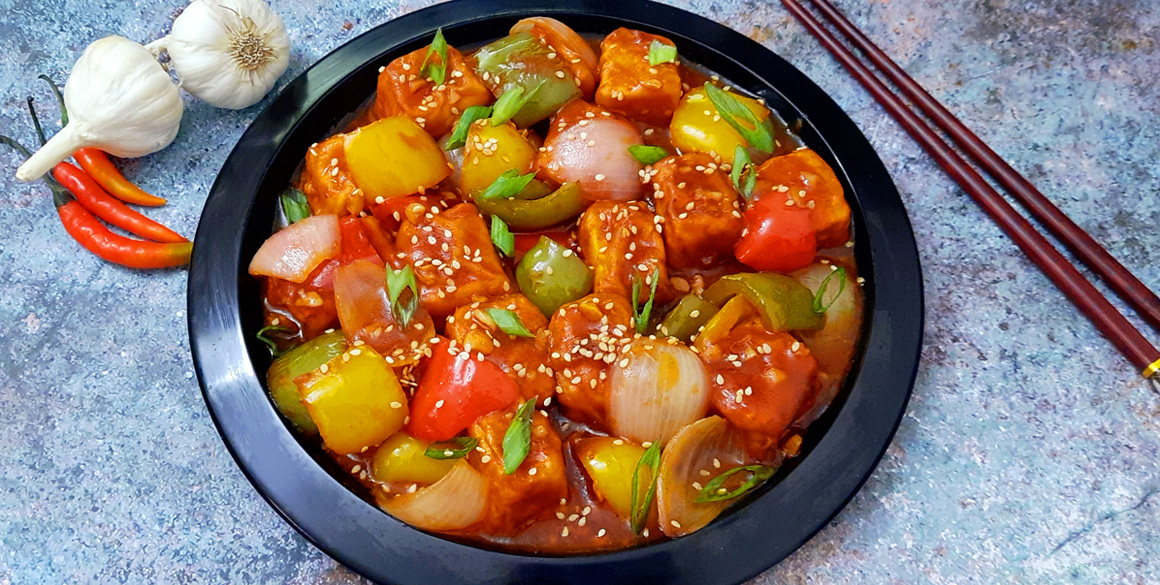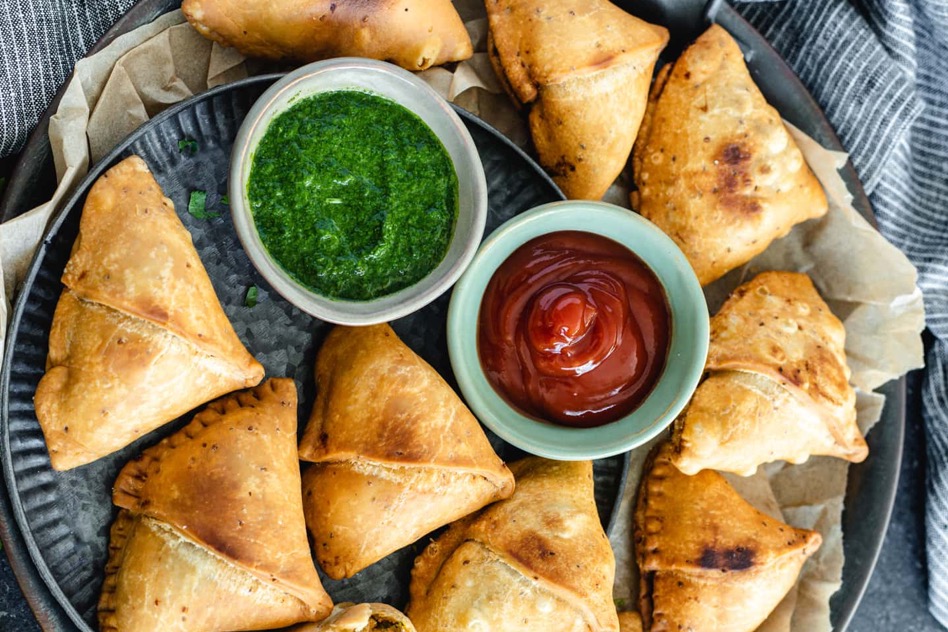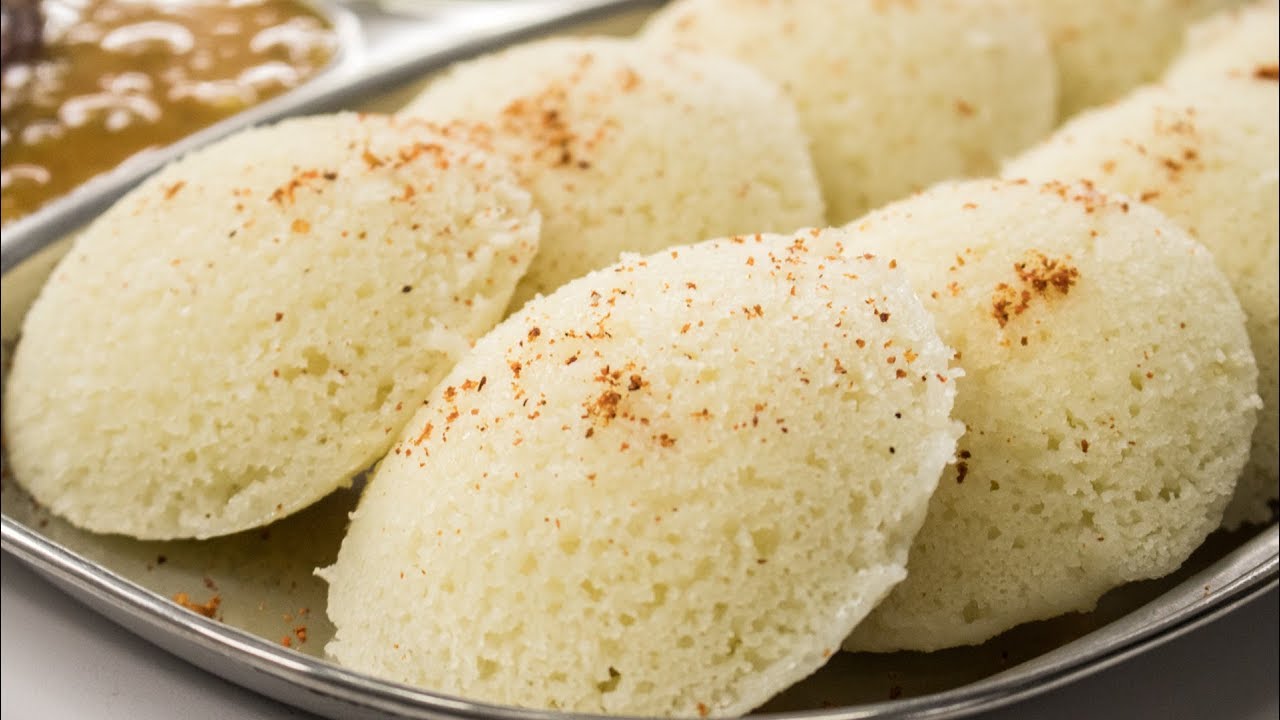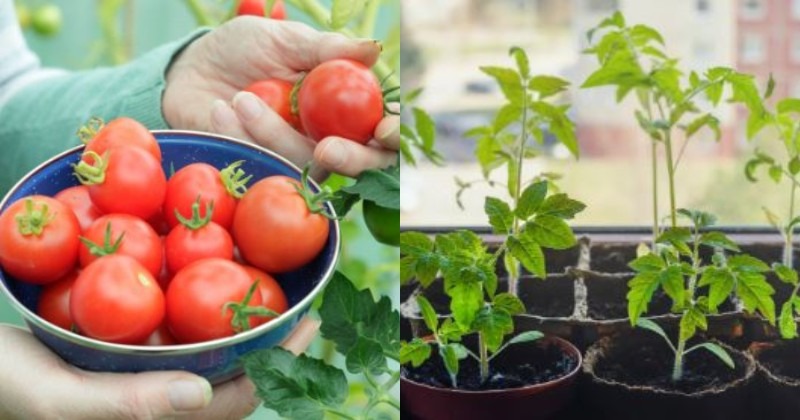Hard boiled eggs are a staple in many kitchens around the world. They are not only delicious but also packed with essential nutrients, making them a great option for a quick breakfast, snack, or addition to salads. Whether you’re a beginner or an experienced cook, learning how to make perfect hard boiled eggs is an essential kitchen skill. This guide will help you get the perfect hard boiled egg every time, along with tips, tricks, and answers to some frequently asked questions.
What Are Hard Boiled Eggs?
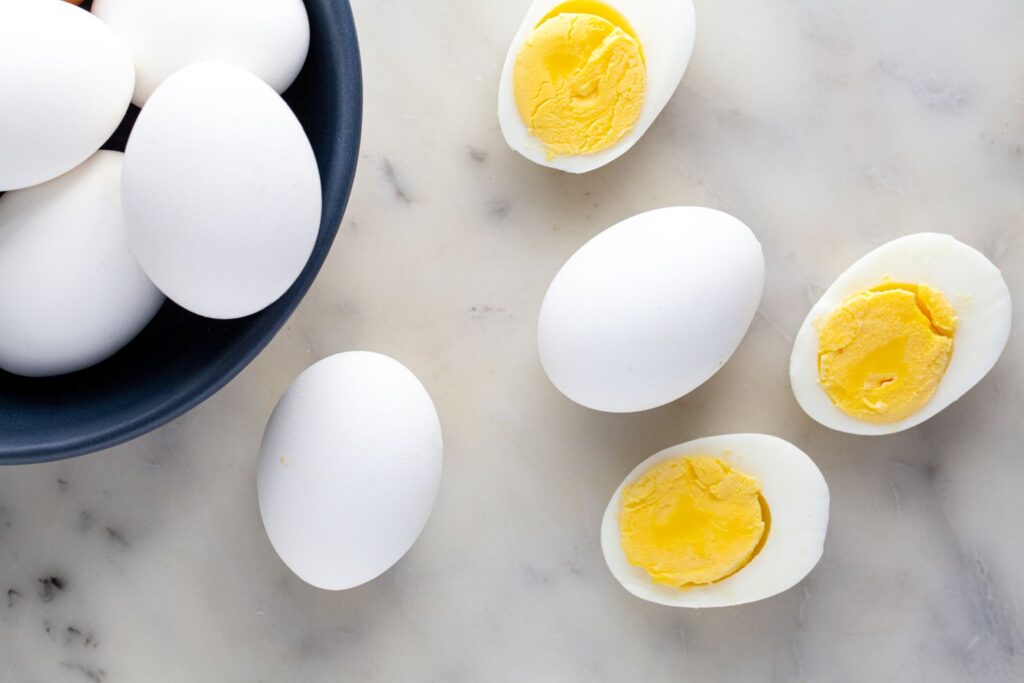
Hard boiled eggs are eggs that are cooked by boiling them in water until both the white and yolk are firm. The key to a perfect hard boiled egg is cooking it long enough to make the yolk set but not so long that it becomes overcooked, which can lead to a greenish ring around the yolk. The ideal hard boiled egg should have a tender white and a creamy yolk.
Ingredients You’ll Need:
- Fresh eggs (preferably medium or large)
- Water
- Salt (optional)
- Ice or cold water (for the ice bath)
Step-by-Step Process for Perfect Hard Boiled Eggs
Step 1: Select the Right Eggs
Fresh eggs work best for boiling. However, very fresh eggs can be harder to peel, so if possible, use eggs that are 5-7 days old. Older eggs tend to peel more easily, which is particularly important if you’re preparing them for snacks or recipes like egg salad.
Step 2: Place the Eggs in a Pot
Place the eggs in a pot or saucepan. Make sure the eggs are not overcrowded. They should be able to move around slightly to avoid cracking. Add enough cold water to the pot to cover the eggs by about an inch or two.
Step 3: Add Salt (Optional)
Some people add a pinch of salt to the water to help prevent cracking and to make peeling easier later. While this step is optional, it can be a helpful tip for beginners.
Step 4: Bring Water to a Boil
Place the pot on the stove and bring the water to a rapid boil on medium-high heat. You will notice the water begin to bubble, and this is when the eggs start to cook.
Step 5: Reduce the Heat and Simmer
Once the water is boiling, reduce the heat to low to maintain a gentle simmer. Let the eggs cook for 9-12 minutes, depending on how firm you want your yolk. For slightly softer yolks, 9 minutes is perfect. For fully cooked, firm yolks, cook the eggs for 12 minutes.
Step 6: Prepare an Ice Bath
While the eggs are boiling, prepare a bowl of ice water. Fill a large bowl with cold water and add ice. This will help stop the cooking process immediately once the eggs are done.
Step 7: Transfer the Eggs to the Ice Bath
Once the eggs are cooked to your liking, carefully remove them from the hot water using tongs or a slotted spoon. Place the eggs directly into the ice bath. Let them sit for at least 5 minutes. This not only helps cool the eggs quickly but also makes peeling them easier.
Step 8: Peel the Eggs
Once the eggs are cool, gently tap them on a hard surface to crack the shell. Start peeling from the wider end, where there is usually an air pocket. This makes peeling easier. You can peel them under running water to help remove any stubborn bits of shell.
Also Read Your First Plant-Based Meal: A Complete Beginner’s Guide to Healthy Indian Cooking
Tips for Perfect Hard Boiled Eggs
- Don’t Overcrowd the Pot: Give the eggs enough space so they don’t crack.
- Use a Timer: Using a timer helps you avoid overcooking. It’s easy to forget about the eggs once they start boiling.
- Ice Bath is Essential: The ice bath helps prevent overcooking and makes the peeling process easier.
- Don’t Skip the Salt (Optional): Adding salt to the water can help prevent cracks in the eggshell.
- Peel Immediately for Fresh Eggs: If you want to enjoy the eggs fresh, peel them right after cooling them in the ice bath. This prevents the membrane from sticking too much to the egg whites.
Common Mistakes to Avoid
- Overcooking the Eggs: Overcooking results in a greenish-grey ring around the yolk. This happens when the eggs are left in boiling water for too long. The key is to time the cooking process.
- Not Letting the Eggs Cool Quickly: If you don’t cool the eggs rapidly, they will continue to cook in their shells, leading to overcooking. Always use an ice bath or cold water to stop the cooking process.
- Not Using Enough Water: Ensure there’s enough water to cover the eggs completely. If the water level is too low, the eggs may not cook evenly and could crack.
- Peeling Too Soon: Don’t peel the eggs while they’re still too warm. Let them cool in the ice bath first to make the peeling easier and less messy.
FAQs About Hard Boiled Eggs
1. How long should I boil eggs for hard boiling?
For hard boiled eggs, it generally takes 9-12 minutes. For a slightly softer yolk, 9 minutes is enough. For fully set yolks, aim for 12 minutes. Keep in mind that cooking time may vary depending on the size of the eggs and the heat of the water.
2. How do I know when my eggs are done?
The best way to know is by timing them. For hard boiled eggs, 9-12 minutes is the ideal range. You can also do a “spin test”—spin the egg on a flat surface. If it spins smoothly, it’s done. If it wobbles, it’s not fully cooked.
3. Can I use a pressure cooker to make hard boiled eggs?
Yes, you can use a pressure cooker or Instant Pot to make hard boiled eggs. Place the eggs on a rack or trivet with 1 cup of water and cook for 5 minutes on high pressure. After cooking, let the pressure release naturally for 5 minutes, then transfer the eggs to an ice bath to cool.
4. How do I store hard boiled eggs?
Hard boiled eggs can be stored in the refrigerator for up to one week. Keep them in their shells for freshness. If you’ve already peeled the eggs, store them in an airtight container with a damp paper towel to prevent them from drying out.
5. Can I make hard boiled eggs in advance for meal prep?
Yes, hard boiled eggs are perfect for meal prep. You can boil a batch, store them in the refrigerator, and enjoy them over the course of several days. They can be eaten as snacks, added to salads, or made into egg sandwiches.
6. Why do my eggs have a greenish ring around the yolk?
A greenish ring forms when eggs are overcooked. The iron in the yolk reacts with sulfur in the white, creating this discoloration. To avoid this, be sure to not exceed the recommended cooking time and cool the eggs quickly in an ice bath.
7. Can I eat hard boiled eggs every day?
Hard boiled eggs are a healthy source of protein, vitamins, and minerals. However, it’s important to eat them in moderation, especially if you’re watching your cholesterol intake. A good guideline is to enjoy 1-2 eggs per day as part of a balanced diet.
Conclusion
Making the perfect hard boiled egg might seem simple, but getting it just right takes a little practice. With the right techniques, you can enjoy delicious, protein-packed eggs with a creamy yolk and tender whites every time. Whether you’re in India or anywhere else in the world, this step-by-step guide will ensure that your hard boiled eggs are cooked to perfection.
Happy cooking!

